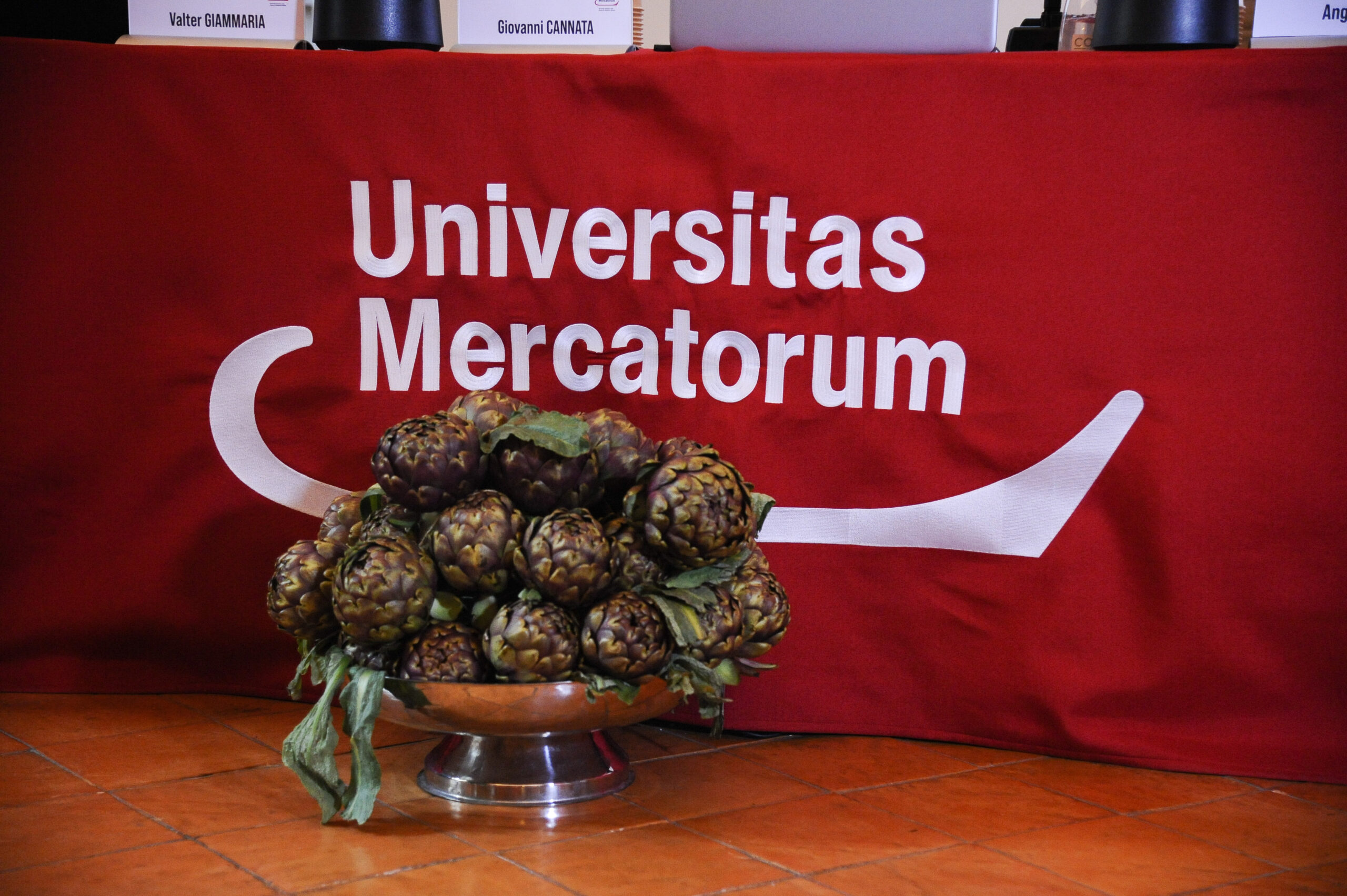What happens to Pegaso and Mercatorum universities?

The Maurodinoia-Cataldo affair around the Pegaso and Mercatorum online universities in Puglia is disturbing and sad. Francis Walsingham's (bitter) letter
Dear director,
On Sunday I was having lunch with some Milanese professionals, some of whom teach in online universities – I won't name names -, and at a certain point the conversation ended on what was reported by the Giornale and the Corriere a couple of days earlier. That is, Alessandro Cataldo, the husband of the former Apulian transport councilor Anita Maurodinoia (Pd) who ended up under house arrest for electoral corruption, is a hidden member of an Ecp, (E-learning Center Point), an educational center which would also have an agreement with Pegasus and Mercatorum.
I know you know it, but I'll point it out for the readers: I'm a lawyer and I'm not interested in legal matters (otherwise I wouldn't read Startmag , which in fact doesn't deal with them). Instead, I am interested in the point of the matter: the amazement of my table companions at Cataldo's entrepreneurial twist, let's call it that. Who, in fact, was already under investigation because of a training body (As.co.gi), attributable to him, which organizes courses at Pegaso. Cataldo's wife, Mauridinoia, had a professorship at Pegaso. The cases of life.
As the journalist Annarita Digiorgio wrote in Il Giornale , Cataldo's alleged system for exchanging votes would have been built through contacts acquired in online universities and through the courses of his institution. Indeed, it seems that Cataldo had – in a hidden manner – the management and control of the Bari offices of Pegaso and Mercatorum, and that he exploited this power to appoint contract teachers, tutors and various labourers, from whom he would then ask various favors in exchange guy.
It also seems that another pool of voters for Cataldo was Adisu, the Apulian agency under study whose president was his cousin, his namesake. The cases of life, I repeat.
Alessandro Cataldo (I am now referring to the cousin of Maurodinoia's husband: it's complicated, I know) had been appointed to the presidency of Adisu through a decree by Michele Emiliano, the president of the Puglia Region, without going through a discussion with the council and without apparent relevant skills. It was not uncommon for the winners of the Adisu tenders to republish the contents of Sud al Centro (the political movement of Alessandro Cataldo, husband of Maurodinoia) on Facebook or to be candidates.
Of all this, the thing that perhaps shocked me and the other participants at the lunch the most was the debasement of the professional and entrepreneurial fabric of Bari, a city that hosts the only polytechnic in Southern Italy and many important companies in the mechanical sectors and chemistry. The fact that universities inserted in such a context are treated – so it seems – as pools of votes in exchange for just fifty euros is… sad. I really don't know how else to say it.
Allow me a little bitterness this time, director, instead of my usual cynicism.
Because having contract teachers, as well as representing a much cheaper workforce than structured teachers, gives economic power.
In short, here it is no longer a question, as was said in the past, of easy exams and degrees, but of a dangerous academic-entrepreneurial twist, was the concern that emerged in the discussions of the guests.
But does the British CVC fund that controls Multiversity (the group that owns Pegaso and Mercatorum) know this? And do the new Multiversity members to whom the CVC fund has sold shares know this?
Best regards,
Francis Walsingham
This is a machine translation from Italian language of a post published on Start Magazine at the URL https://www.startmag.it/economia/pegaso-mercatorum-alessandro-cataldo-corruzione-elettorale-universita-telematiche/ on Tue, 09 Apr 2024 05:13:44 +0000.
